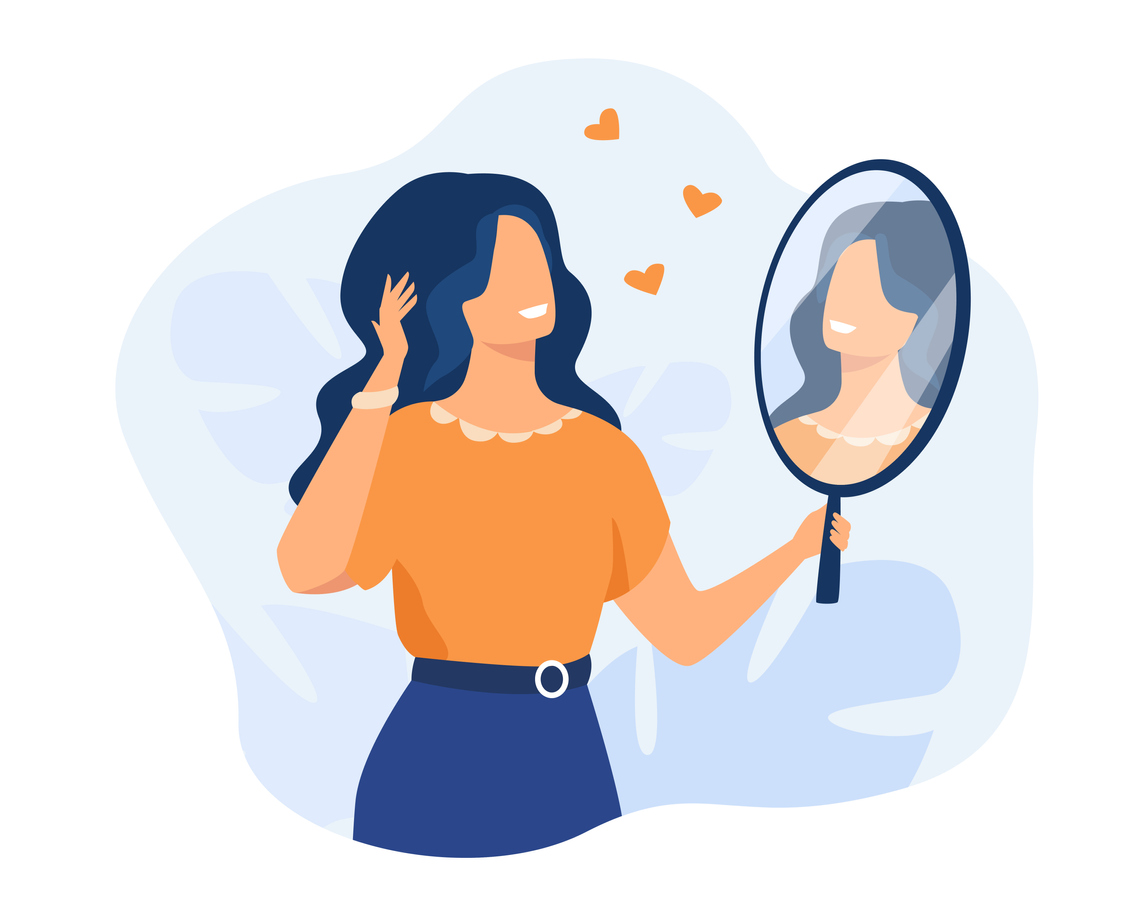
Beauty and the Buyer
Feeling good about how we look makes us more self-confident. Self-confidence influences the way we make purchases. A new paper explores the precise dynamics of this connection with important implications for consumer nudges.
How do feelings about our appearance affect the kinds of purchases we make? “Certainly, feeling beautiful may influence the desire to seek beauty-enhancing products,” writes Senior Lecturer at School of Marketing, UNSW Business School Zixi Jiang, in collaboration with Professor Ravi Dhar, director of the Center for Customer Insights, in a recent Journal of Marketing Research article. But might these effects carry into domains beyond the world of beauty products?
 The answer is yes. With two colleagues, Jiang and Dhar investigated the ways in which feeling good about appearance boosts our self-confidence, which in turn systematically influences our purchase decisions. In short, people who feel good about their looks express greater certainty about their preferences and, as a result, are less likely to choose compromise options or opt for default options.
The answer is yes. With two colleagues, Jiang and Dhar investigated the ways in which feeling good about appearance boosts our self-confidence, which in turn systematically influences our purchase decisions. In short, people who feel good about their looks express greater certainty about their preferences and, as a result, are less likely to choose compromise options or opt for default options.
These results emerged over the course of six studies that approached the question from a variety of angles. In one study, half of participants were asked to list three things that make them feel attractive and to elaborate on two of them. The other half of participants — the control group — simply listed three things that they did the previous week and elaborated on two. Both groups were then presented with a hypothetical choice of roommates; one was very noisy but neat; one was very quiet but messy; and a third was somewhat noisy and somewhat neat (the compromise option).
The results show that those who were prompted to think about things that make them feel attractive ultimately felt more self-confident than the control group. The researchers replicated these findings across several types of choices. For instance, people who were made to feel more attractive were less likely to opt for a default candy bar; in this case, the participants were making real purchases. The results also held when participants were complimented in person on their physical appearance as opposed to asked to reflect on what makes them feel attractive.
Importantly, these results only held when consumers didn’t make the connection between feeling attractive and confident; awareness weakened the effect. But with that in mind, the authors make clear the two-step managerial implications. First, marketers can create interventions that make consumers feel more attractive, whether through in-store compliments, signage, or more experimental methods like having customers take and touch-up in-store selfies.
Once those systems are designed, then marketers need to think through how to utilize implications of the research. “We find that consumers who feel attractive tend to accept an option with both benefits and drawbacks,” the researchers write. “Consumers who feel attractive also tend to move away from the default option, which can help marketers break customers’ existing consumption habits and persuade them to try new brands and products.” The possibilities go on: marketers can nudge consumers away from a compromise if they would like to, or away from products seen as a safe choice.
“This work,” the researchers conclude, “establishes the impact of self-perceived attractiveness, delineates its practical implications for marketing managers, and opens up rich areas for future investigation.”



